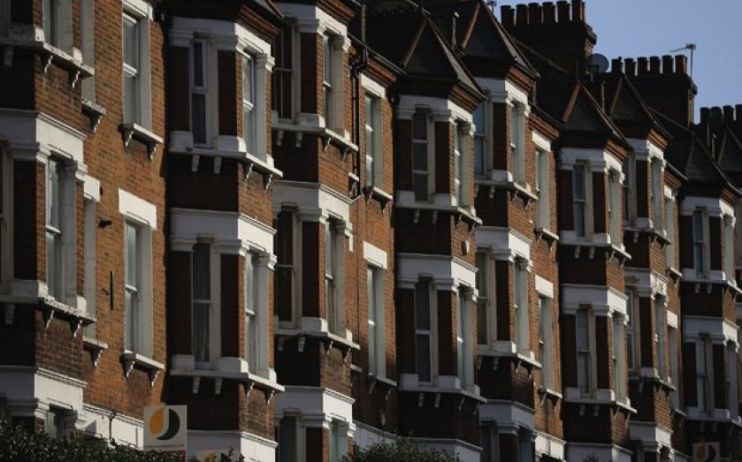A quarter of private renters in England don’t ask for repairs for fear of eviction

A quarter of renters in England don’t ask for repairs in their homes for fear of eviction, a survey has found.
The polling, conducted by YouGov for homelessness charity Shelter, found 76 per cent of private renters had experienced disrepair in the past year, and 51 per cent experienced damp or mould. An additional 31 per cent had problems with heating and water.
Yet the research also found that those who complained about repairs, conditions or harassment were nearly three times more likely to be evicted or threatened with eviction than those who had not complained. This explains the tenants’ fear of bringing up any issue with their council, landlord or letting agent.
This leaves renters in a “terrible catch 22”, said Shelter’s chief executive Polly Neate.
Levelling Up Secretary Michael Gove has been vocal on this issue. Speaking on the BBC last weekend, he said “a minority of unscrupulous landlords are using the threat of eviction to jack up rents and victimise tenants”.
Gove has been pushing to scrap Section 21 evictions – the so-called “no-fault” evictions. Through Section 21 landlords can take back their properties without having to establish fault on the part of the tenant.
He told a panel, hosted by the think tank Onward: “Section 21 is used by some landlords to threaten and intimidate, it is used to try and get tenants moved out so rents can be jacked up, in the context of low overall demand which can make them bigger profits.”
The government has committed to scrap this controversial mechanism – and legislation to turn this commitment into law is expected – potentially this spring – as part of the Renters’ Reform Bill.
At the same time, landlords will get new powers to evict “antisocial” tenants with two weeks’ notice under the government’s new proposals to tackle crime. Drunken behaviour, disorderly conduct and noise are all part of what is to be considered anti-social behaviour.
This policy could pose problems for disadvantaged tenants unless it comes in conjunction with support to help people address negative behaviour.
Antisocial behaviour can be misidentified “especially in situations where domestic abuse is present”, said James Prestwich, director of policy and external affairs at the Chartered Institute of Housing. “When behaviour is misidentified as anti-social, critical opportunities are overlooked to provide safety, options, and support”, Prestwich told City A.M.